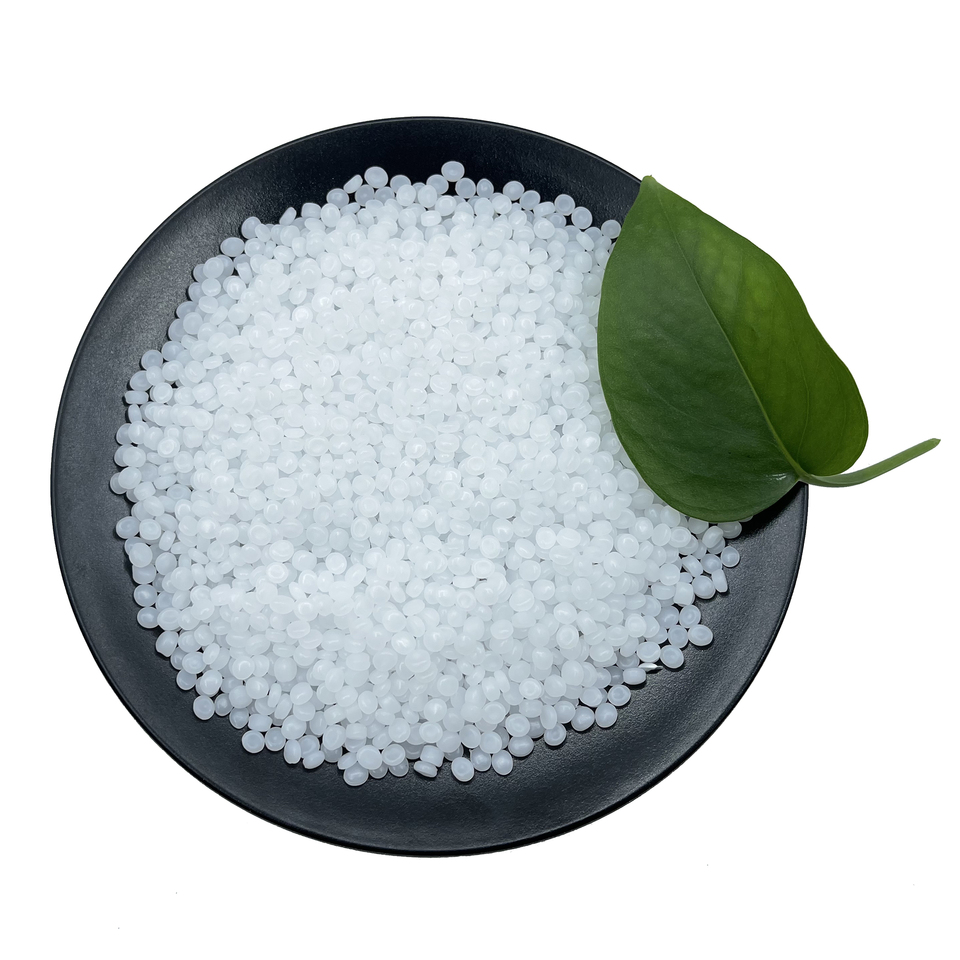This century in the field of piping has occurred a revolutionary progress, that is, "plastic instead of steel". With the polymer materials science and technology leap forward, the deepening of the development and utilization of plastic pipe, the continuous improvement of the production process, plastic pipe to show its excellent performance. Today, plastic pipe is no longer mistaken for metal pipe "cheap substitute". In this revolution, polyethylene pipes are favored, increasingly emitting eye-catching light, widely used in gas transmission, water supply, sewage, agricultural irrigation, mining, fine particle solids transport, as well as oil fields, chemical industry and postal and telecommunications communications and other fields, especially in the gas transmission has been widely used.
HDPE Resins are a thermoplastic polyolefin produced by copolymerizing ethylene. Although HDPE was introduced in 1956, this plastic has not yet reached a level of maturity. This versatile material continues to develop its new uses and markets.
China's domestic high-density polyethylene (here high-density polyethylene does not include high-density polyethylene produced by the full-density polyethylene plant) producers are the three major enterprises of PetroChina, Sinopec and CNOOC.
HDPE Resins are usually manufactured using the Ziegler-Natta polymerization process, which is characterized by the absence of branched chains in the molecular chain, resulting in a well-arranged molecular chain and a high density. The process is carried out in a tubular or kettle-type low-pressure reactor using ethylene as the raw material and oxygen or organic peroxide as the initiator to initiate the polymerization reaction.
High-density vinyl is an environmentally friendly material that can be recycled when heated to its melting point. It is important to know that plastic materials can be divided into two categories: "thermoplastic" (Thermoplastic) and "thermosetting" (Thermosetting), "thermosetting" is heated to a certain temperature into a cured state, even if you continue to heat can not change its state. "is heated to a certain temperature into a cured state, even if continue to heat can not change its state, therefore, there are environmental issues of the product is "thermosetting plastic" products (such as tires), not "thermoplastic" products (such as plastic pallets Note: pallets in Hong Kong and Australia is called "plywood"), so not all "plastic" are not environmentally friendly.
If you need other plastic&rubber raw material, please transfer to our Product Page and find it!


